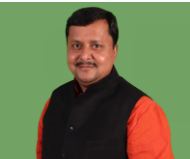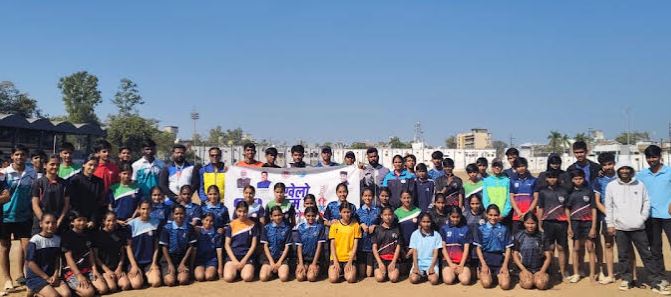Subtitle: “Z-Bloggers” Capitalize on Conflict Coverage, Sparking Concerns Over Misinformation
12:15 PM
Sunday, September 3, 2023 (PDT) Time in Los Angeles, CA
While the world’s attention is often drawn to events like Burning Man, a different kind of drama unfolds on the digital frontlines of the internet. In a surprising twist, pro-war influencers in Russia are cashing in on the ongoing conflict in Ukraine by leveraging social media, particularly Telegram, to spread propaganda and rake in substantial advertising revenues.
Z-Bloggers The Rise of “Z-Bloggers”: In Russia, these pro-war influencers have earned the moniker “Z-Bloggers,” a reference to their support for a war frequently symbolized by the letter Z. They have gained notoriety for their relentless social media coverage, sharing a daily dose of graphic drone strike videos and false claims about Ukraine’s President, Volodymyr Zelensky. However, their content extends beyond war coverage, as they also promote advertisements ranging from cryptocurrency to fashion.
Z-Bloggers Explosive Growth on Telegram: Since the full-scale invasion of Ukraine in February 2022, pro-war influencers have seen their follower counts soar on Telegram, the social media platform of choice for many Russians after President Vladimir Putin banned Instagram, Facebook, and Twitter. This surge in Telegram users has given rise to a booming advertising market on the platform, and the Z-Bloggers are capitalizing on this opportunity.
Z-Bloggers Monetizing Misinformation: To tap into the advertising market, pro-war influencers have started selling ad space to companies eager to reach their youthful audiences. The BBC’s Global Disinformation Team even posed as potential advertisers to gauge the costs associated with advertising on these channels. Prominent Z-Bloggers like Alexander Kots and Semyon Pegov quoted rates ranging from £440 to £1,550 per post, depending on the ad’s prominence.
Given that top war influencers post at least one ad daily, their potential income far surpasses Russia’s average monthly wage, which stands at £550.
Diverse Influencer Landscape: These war influencers come from varying backgrounds. While some, like Alexander Kots, have extensive experience in war reporting for state-run media, others, like Maryana Naumova, have no professional training and have taken unconventional routes to their current roles.
- Nitin Nabin becomes the new youth national president of BJP
- Loot for debauchery on Delhi Mumbai Expressway: अय्यासी के लिये लूट दिल्ली मुंबई एक्सप्रेस-वे
- Ratlam Khelo MP Youth Games
Spreading Misinformation: However, it’s not all financial gain and popularity for these influencers. The BBC’s investigation revealed that some of the content shared by pro-war bloggers is fake, including staged videos intended to manipulate public perception. Such misinformation has been used to encourage young Russians to support the war.
Telegram’s Response: In response to the rise of pro-Putin war bloggers on its platform, Telegram noted that it remains one of the last avenues through which Russians can access independent media outlets and uncensored international news. Telegram emphasized that all parties on its platform are treated equally, but it respects international sanctions and complies with local laws.
Putin’s Acknowledgment: Notably, President Putin has recognized the importance of these Z-Bloggers in the information war. He appointed Alexander Kots to the presidential human rights council and included several bloggers, including Semyon Pegov, in a working group on mobilization. In a June meeting, Putin emphasized the critical role these influencers play in the information battlefield and called on them for their continued support.
While Burning Man continues to captivate its audience in Nevada, this revelation sheds light on the evolving landscape of digital influencers who profit from the dissemination of propaganda, sparking concerns about the spread of misinformation amidst a global audience seeking truth amid the chaos of war.








